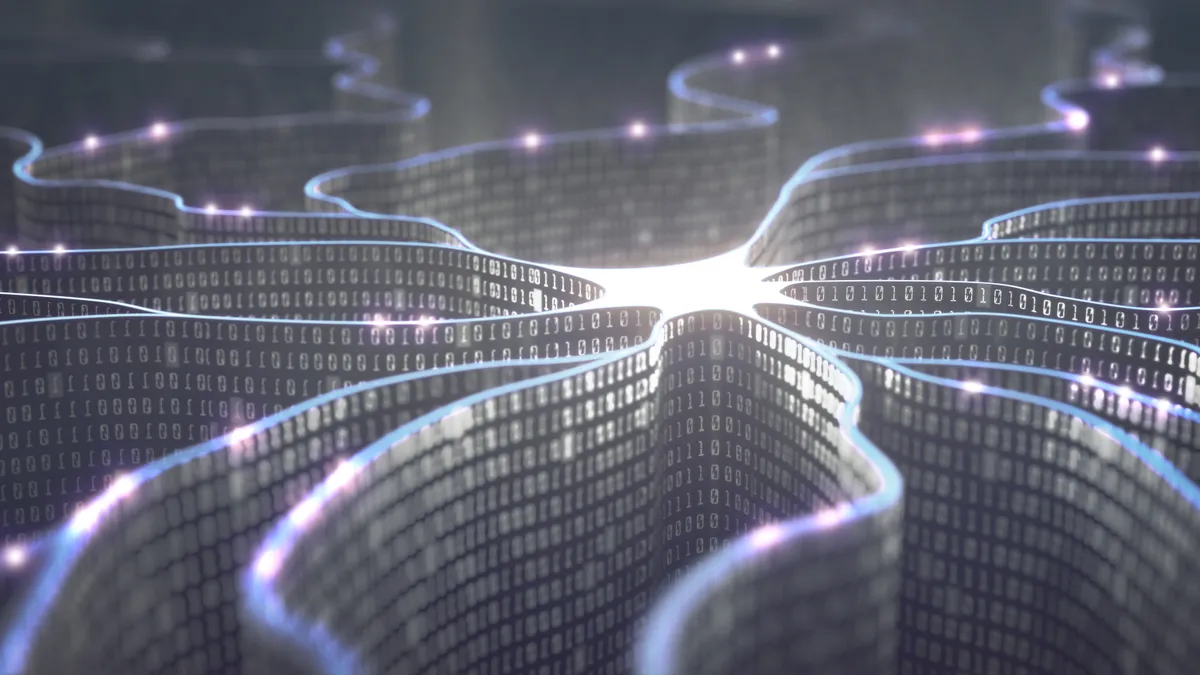Dive Brief:
- The global market for artificial intelligence-based medical imaging is set to exceed $2 billion by 2023, fueled by deep learning technology and affordable cloud computing and storage, according to a new Signify Research report.
- Machine learning will transform the diagnostic imaging industry by boosting productivity, improving diagnostic accuracy, leading to more precise treatment planning and better patient outcomes, the report predicts.
- Still, a number of challenges need to be overcome before AI-based imaging becomes mainstream, including integration with radiologists' workflows.
Dive Insight:
The forecast — which includes software for automated detection, quantification, decision support and diagnosis — looks at growth in AI-based medical imaging in nine clinical application markets.
Among the emerging use cases where AI has demonstrated ability to improve clinical outcomes and provide return on investment are software to detect and diagnose stroke and tools to measure blood flow in noninvasive coronary exams, according to the report.
The largest potential is seen in neurology, with a projected 23% of the worldwide market, followed by cardiovascular (21%), rest of body (20%), breast (15%), lung (14%) and liver (7%).
James Golden, managing director of PwC Health Advisory, previously told Healthcare Dive that radiology is low-hanging fruit for AI and machine learning. The report notes that major medical imaging manufacturers are incorporating AI into product development.
In November, Nuance Communications launched an open platform aimed at speeding development of AI for medical imaging. The company maintains the tool will allow radiologists to spend less time on paperwork and routine processes and more time on patient treatment.
But a number of barriers could slow AI’s move to the mainstream in medical imaging, according to the report. Among them are a challenging regulatory process, which has led to few approvals and fully commercialized products.
There is also a need for large-scale validation trials to demonstrate the effectiveness of deep learning algorithms in clinical settings and tighter integration of AI tools and radiologists' workflows.











